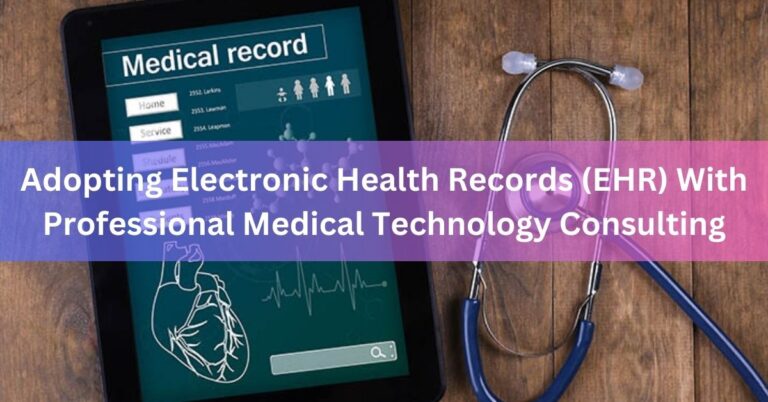Protecting Sensitive Information in Email With Encryption
Protecting your data during transit involves a multilayered approach that enhances secure data transmission between sender and recipient. Using secure emails is one valuable option that helps to mitigate hacking, phishing, and data breaches. Encrypted email messages address the vulnerabilities of email communication where threat actors can intercept, read, or manipulate confidential information. Here are some ways how a company could help you with these security issues:
Secure Communication
Encryption protects online communications like emails, chats, and voice-over IP (VoIP) calls from eavesdropping. Encryption protocols, such as Secure Sockets Layer (SSL) and Transport Layer Security (TLS), establish secure communication channels between two devices. The data exchanged through these channels is encrypted, making it unintelligible to anyone without the proper keys. These protocols also verify the identity of the communicating parties, verifying that sensitive information is only shared with trusted sources.
Authentication
The verification of the identity of a user or system confirms their identity before granting access to data or system resources. Authentication acts as the first line of defense against unauthorized access to data and systems. Verifying a user’s identity prevents malicious actors from gaining access to sensitive information or causing harm. The knowledge of correct login credentials, such as a username and password, is used for authentication.
Confidentiality
Encryption renders data unreadable to unauthorized parties, providing its confidentiality even if intercepted. With encrypted emails, even if a threat actor manages to intercept the message, they cannot decipher its contents without the correct keys. Secure emails often come with other privacy features, such as setting an expiration date for emails and revoking access to messages sent in error.
Data Integrity
Data integrity is the accuracy, consistency, and reliability of data throughout its entire lifecycle. There are various ways in which data integrity can be compromised, such as human error, technical failures, or malicious attacks. Maintaining data integrity focuses on data remaining trustworthy and usable for decision-making, analysis, and reporting. Encryption methods, such as hashing and public-key cryptography, protect data from being tampered with or altered.
Secure Email Platforms
Choose a provider that offers end-to-end encryption, multi-factor authentication, and other robust security features. Look for providers that use strong encryption algorithms, such as RSA or AES, as they are industry standard. The provider needs to have a solid track record of keeping user data safe and secure.
Look for providers that offer options for password protection and the ability to set expiration dates for emails. A reputable provider should have strict policies in place for data handling and storage. It can give you confidence that your information is being handled with caution and care.
Take Steps To Verify You Send Secure Emails
Encryption focuses on the protection of private information from unauthorized access. It uses complex algorithms to scramble data, rendering it unreadable to anyone without the key. Privacy and confidentiality are components of secure email services. Consider incorporating secure emails into your organization’s communication systems for added protection of sensitive information. Look for providers using industry-standard encryption algorithms for enhanced security.






